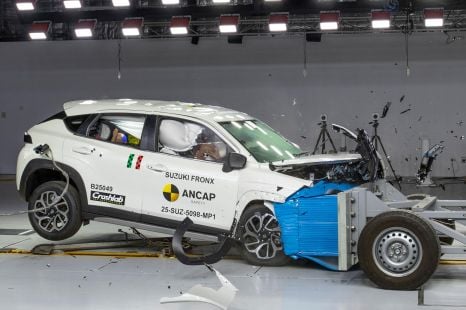

Damion Smy
Suzuki Fronx scores one-star ANCAP rating after seatbelt failure
6 Hours Ago

News Editor
One fewer star is shining bright above the Ford Puma, and it’s expected to affect Australian examples of the small SUV delivered during 2023.
A reassessment of Ford’s entry-level crossover by safety authority Euro NCAP has seen it lose its fifth star when tested under stricter protocols.
The Puma is among the last vehicles tested under the outgoing 2020-22 testing protocols, though it wasn’t the only one to fall shy of five stars. The upcoming Peugeot 408 also received a four-star rating.
Ford’s light SUV received an adult occupant protection score of 75 per cent, a child occupant protection score of 84 per cent, a vulnerable road user protection score of 70 per cent, and a safety assist score of 69 per cent.
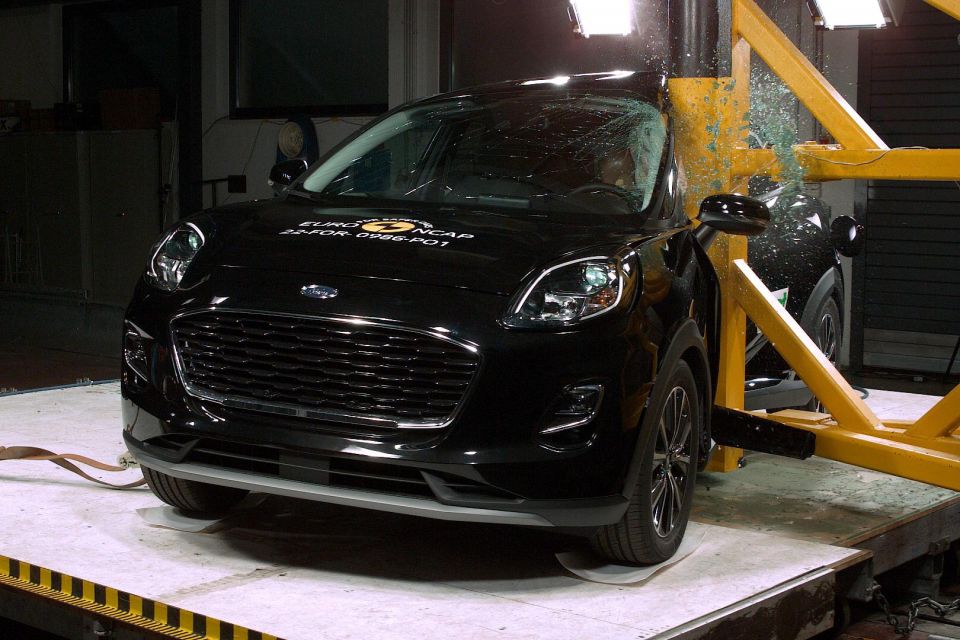
Those scores are down from 94 per cent, 84 per cent, 77 per cent and 74 per cent, respectively, from the last Euro NCAP testing which was conducted in 2019.
Those 2019 ratings carried over largely unchanged in ANCAP testing – the two safety authorities harmonised their ratings several years ago – though the Australian authority awarded it 86 per cent for child occupant protection.
“Puma has been re-tested according to the latest Euro NCAP test protocol. With the changed requirements under the new protocol the result for Puma is a solid 4-star rating,” said a spokesperson for Ford Australia.
“Some safety related elements have been enhanced – including improved retention systems – for the car to achieve this rating.
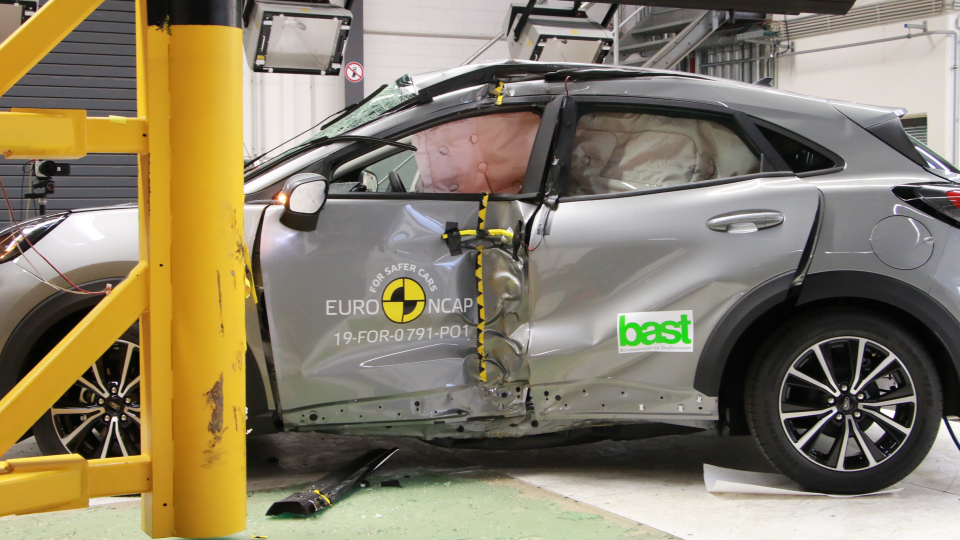
“This rating will relate to Puma sold in Australia from MY23 model.”
We’re clarifying with Ford Australia what elements have been enhanced. MY23 vehicles will arrive from March.
A corresponding rating from ANCAP is expected, with a spokesperson for the local safety authority saying, “ANCAP is awaiting information from Ford Australia as to the applicability of the revised rating to locally-supplied Puma models.”
“If the specification of MY23 Pumas matches the specification of the model tested/rated by Euro NCAP, ANCAP will look to publish the revised rating when MY23 vehicles arrive locally.”
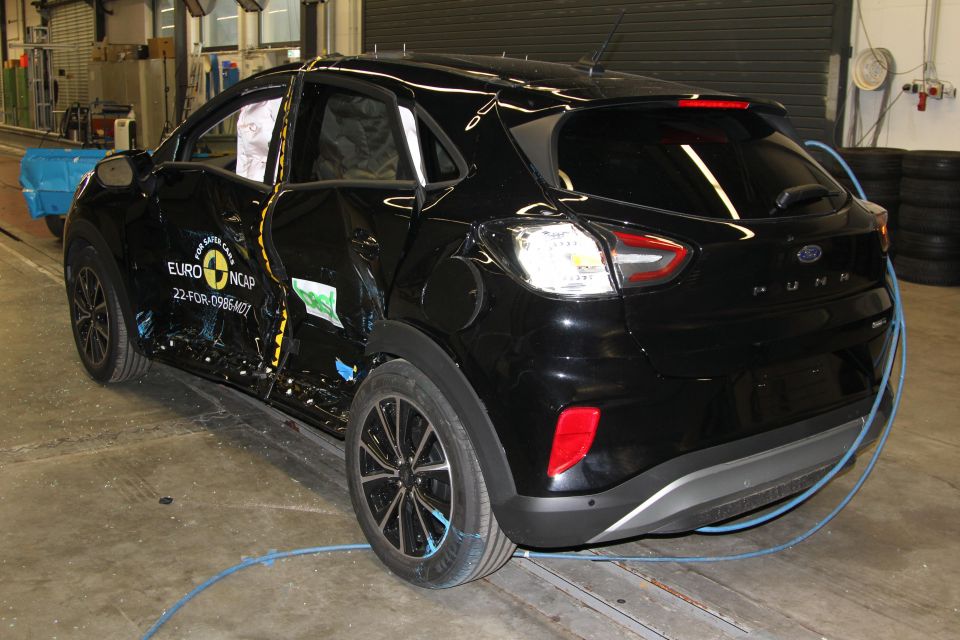
The Euro NCAP test notes the control of excursion (i.e. the extent to which a body is thrown to the other side of the vehicle in a side impact) was poor, with the Puma lacking a front-centre airbag – a feature that’s becoming increasingly common.
Autonomous emergency braking was also reassessed as marginal, with Euro NCAP noting some points weren’t awarded for low-speed AEB performance due to the marginal performance of the front seats and head restraints.
ANCAP says cars given four-star ratings “[provide] an adequate level of safety performance yet fell short in one or more key assessment areas.”
While previously vehicles retained their Euro NCAP or ANCAP ratings throughout their lifetime, both safety authorities have introduced rating validity periods of six years.
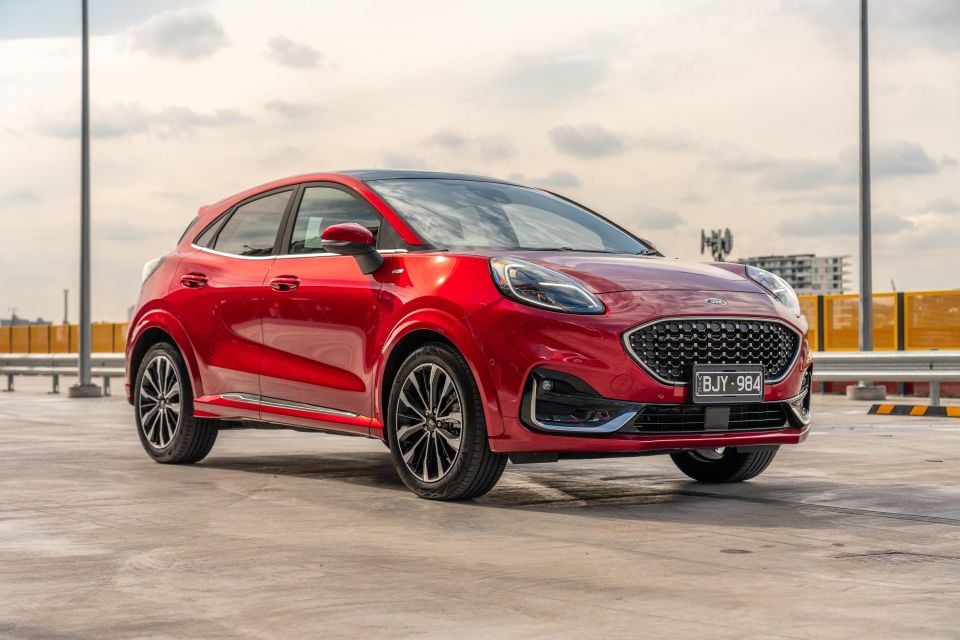
The Puma’s previous rating would have been valid until December 31, 2025, while the new, lower rating is valid until 2028.
“Any Euro NCAP vehicle rating expires six years after the initial testing. When this timing approaches we have the option to ask Euro NCAP for a re-assessment according to the latest protocol,” said the Ford Australia spokesperson.
“We routinely work with Euro NCAP on testing the passenger and pedestrian safety of our vehicles, and we requested re-assessment of Puma, hence the new rating.”
While the validity period stops vehicles from retaining results under older, more lenient criteria for many years, vehicles aren’t guaranteed to keep their ratings for the whole six-year period.
“During the six years or so until the rating expires, Euro NCAP performs reviews to ensure that it remains valid for cars currently on sale,” the European safety authority notes.
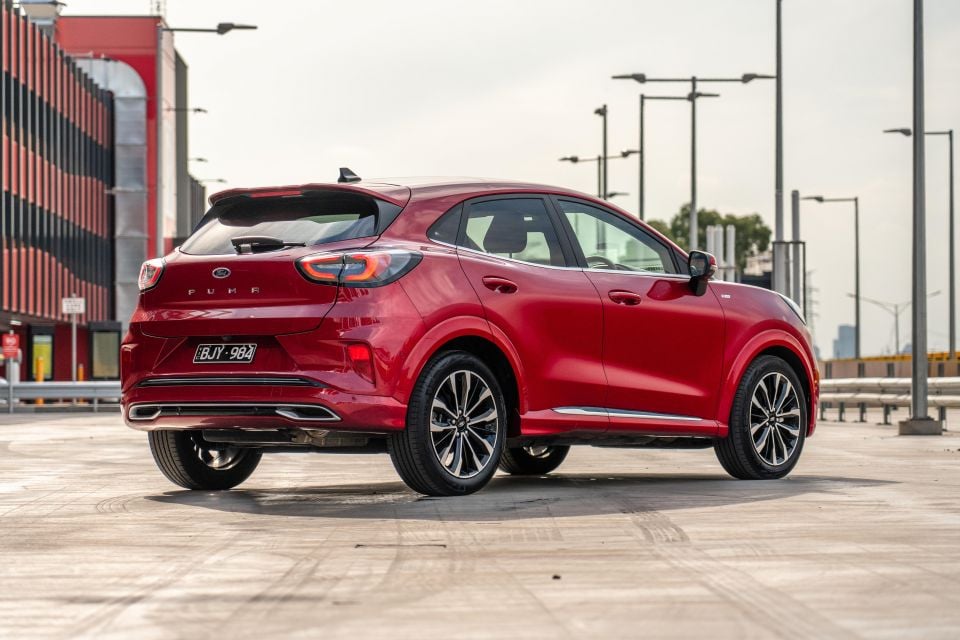
“Manufacturers are asked each year to confirm that the car has the same safety equipment it had when it was assessed, and that no other changes have been made which might affect the validity of the rating.
“Additionally, when a car is updated (‘facelifted’), which typically happens about mid-way through its life cycle, manufacturers must submit details of the changes made and the influence these might have on safety performance.”
It notes in-house data can be provided to demonstrate any changes won’t affect safety performance.
MORE: Everything Ford Puma
Where expert car reviews meet expert car buying – CarExpert gives you trusted advice, personalised service and real savings on your next new car.
William Stopford is an automotive journalist with a passion for mainstream cars, automotive history and overseas auto markets.


Damion Smy
6 Hours Ago
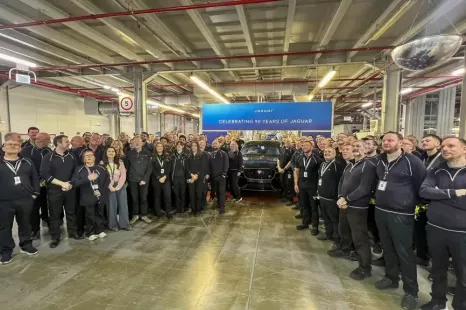

Damion Smy
9 Hours Ago
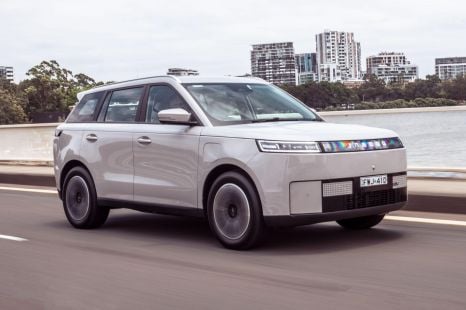

Josh Nevett
11 Hours Ago
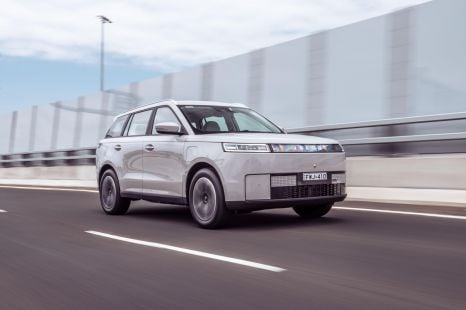

Josh Nevett
11 Hours Ago
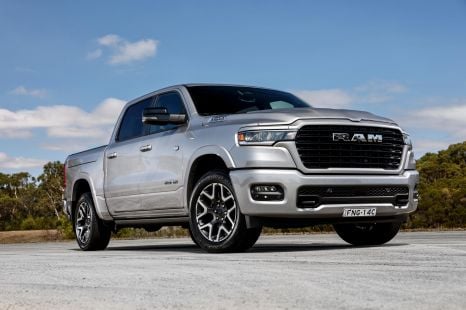

Damion Smy
12 Hours Ago


CarExpert.com.au
12 Hours Ago